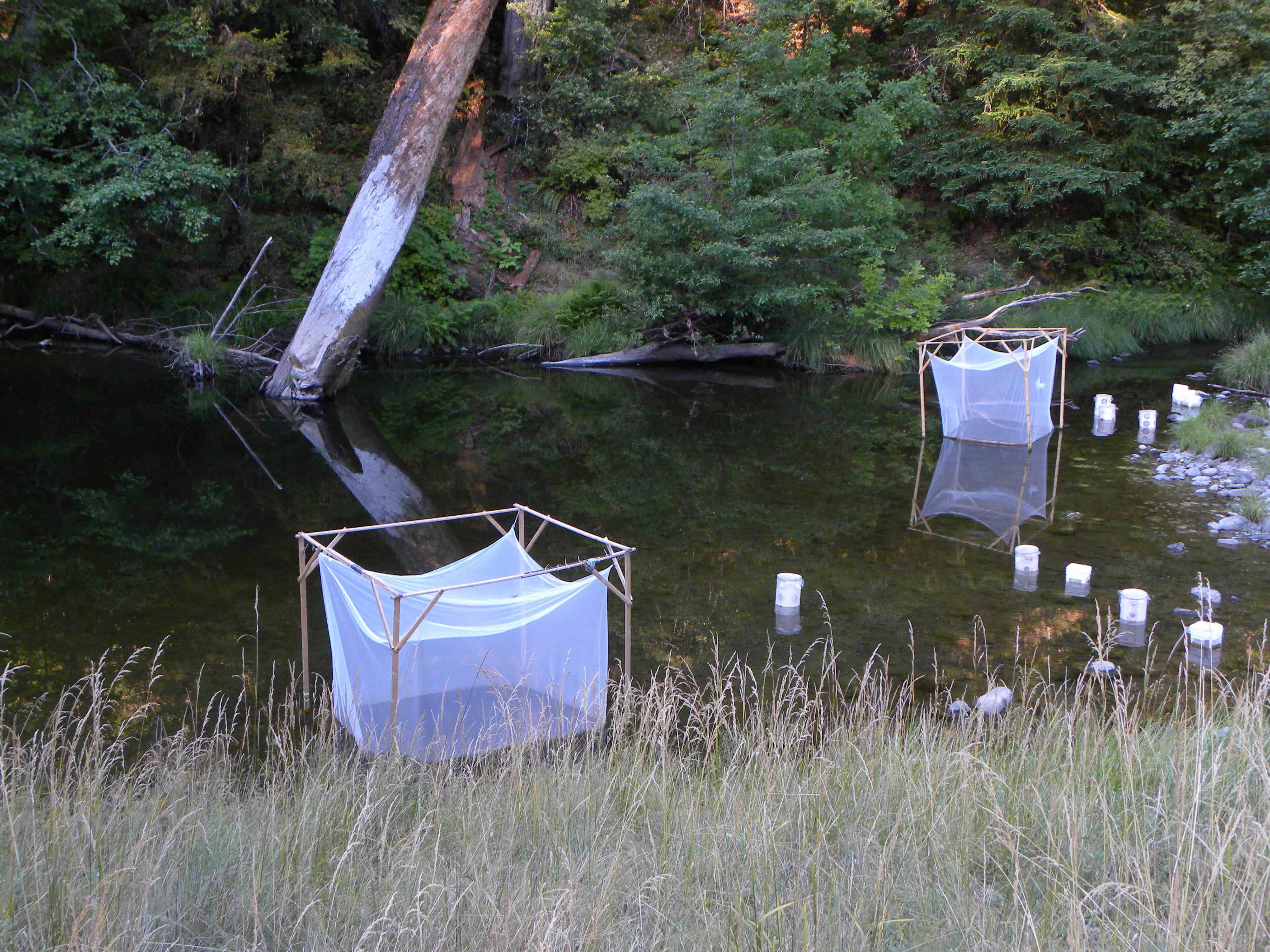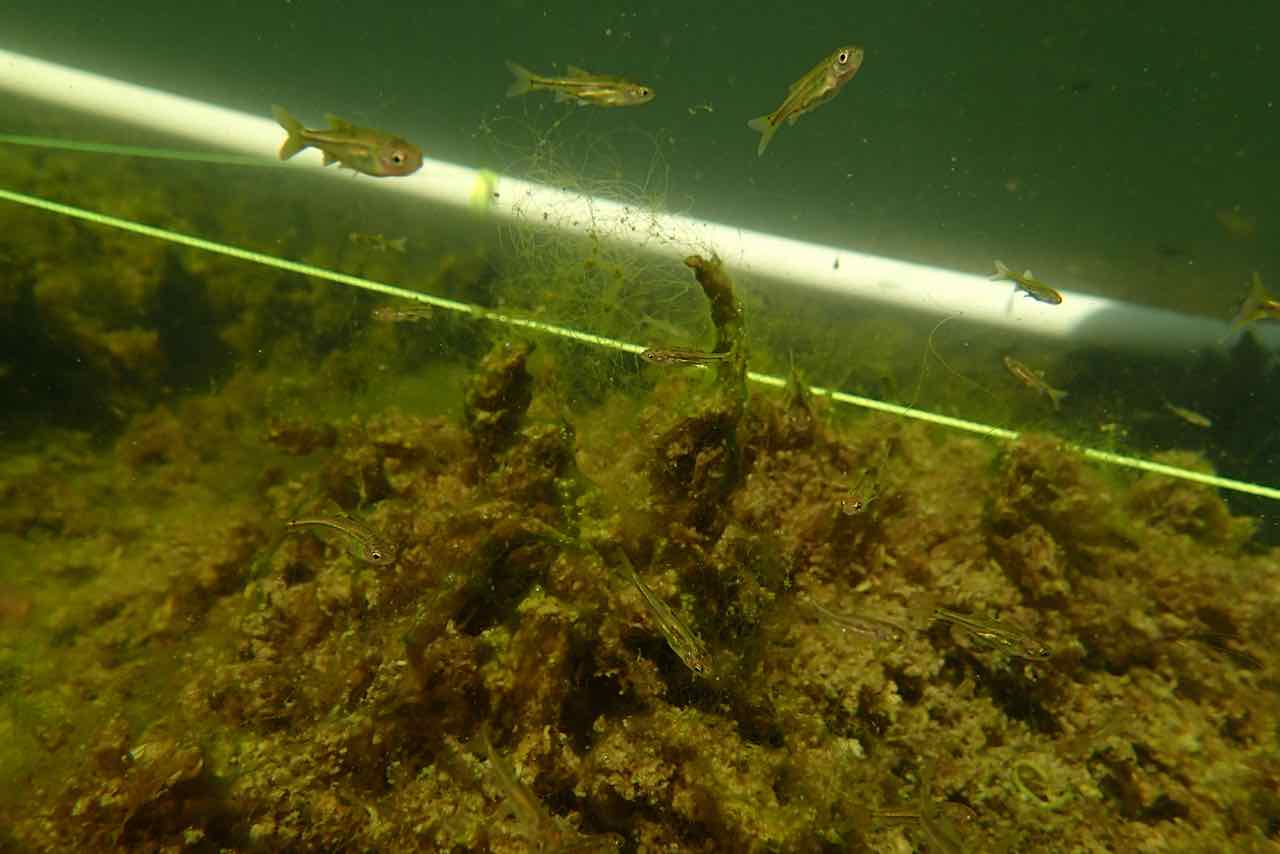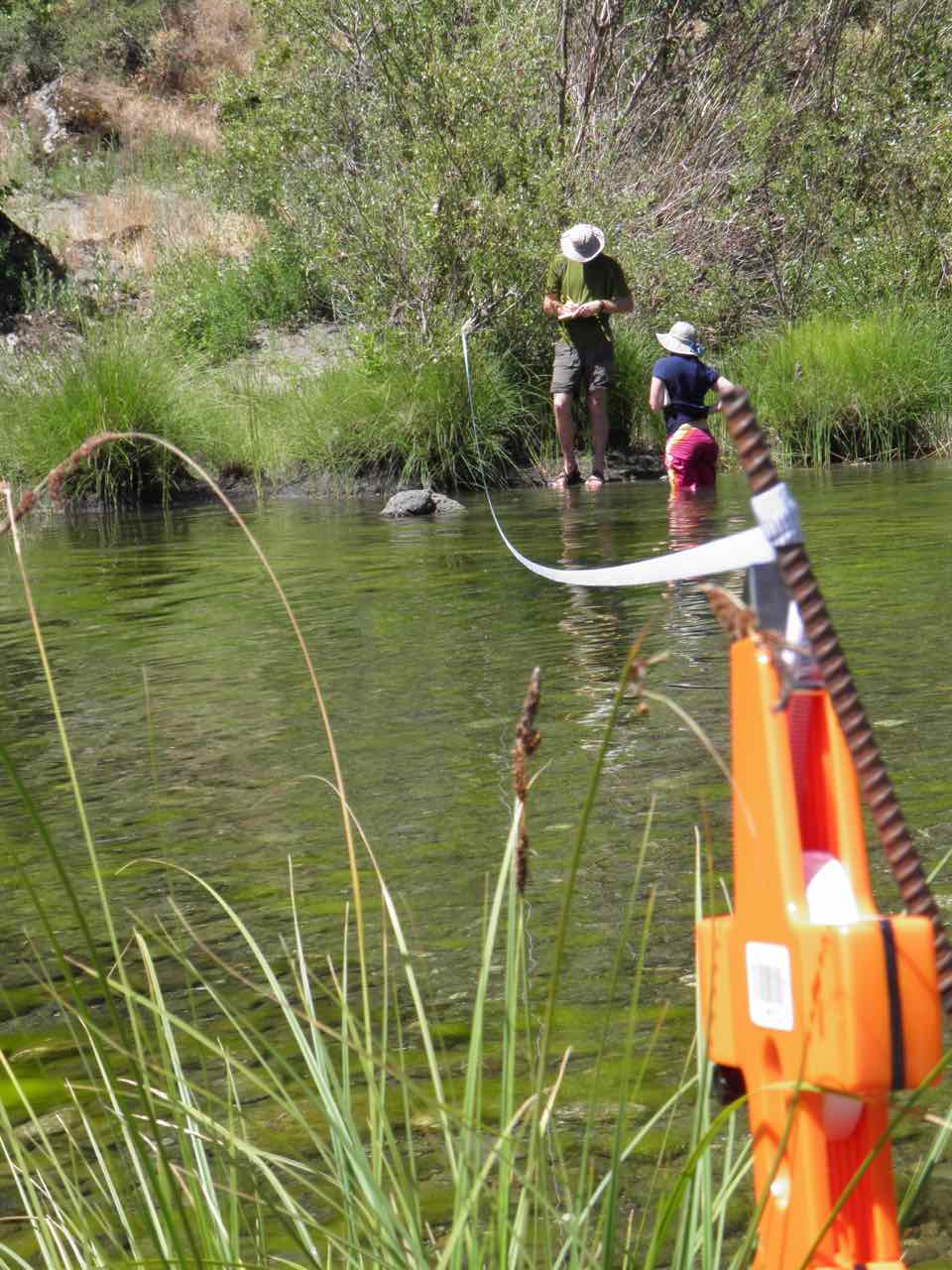|

Our group studies food webs in rivers and their watersheds. We are interested in how attributes and performances of species influence their effects in food webs, and how species interactions change under different environmental regimes.
Much of our field work takes place in and around the Eel River, which flows along the North Cost of California. Six kilometers of the upper mainstem of the South Fork Eel, and entire watersheds of several of its tributaries, are protected within the Angelo Coast Range Reserve in Mendocino County, CA. The Angelo Reserve is one of the 39 large protected natural reserves dedicated to university-level research and teaching in the University of California Natural Reserve System.
In 2013, the Angelo Reserve was designated as one of nine NSF Critical Zone Observatories. We work closely with Berkeley hydrologists, geomorphologists, climate scientists, tree physiologists, and fish ecologists to link hydrologic cycles in steep forested basins of the California North Coast to water storage and release as runoff to river networks. Our lab focuses on how the timing and amount of water delivered from the watershed to channels influence conditions that affect river food webs and ecosystem linkages.


|

